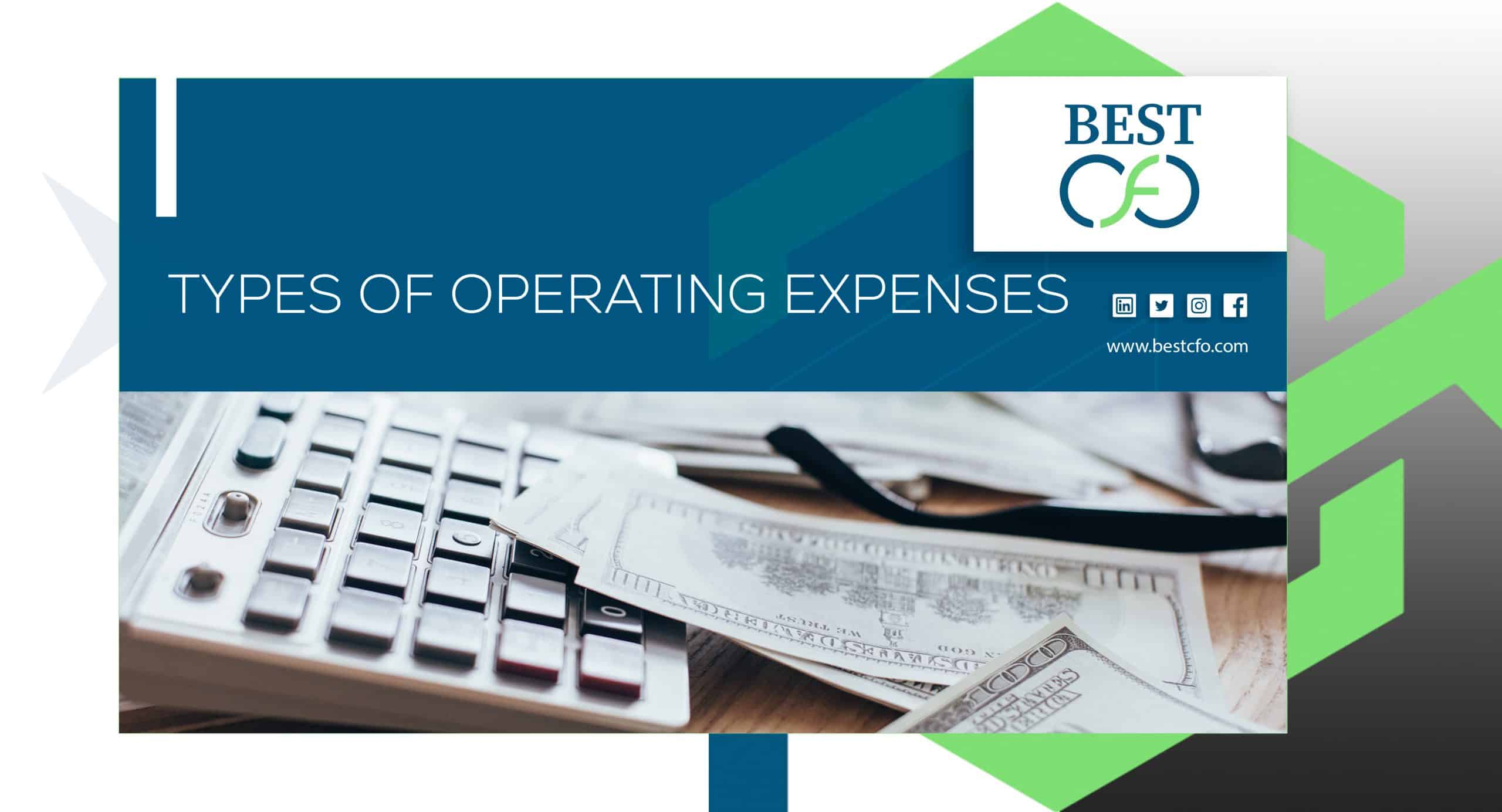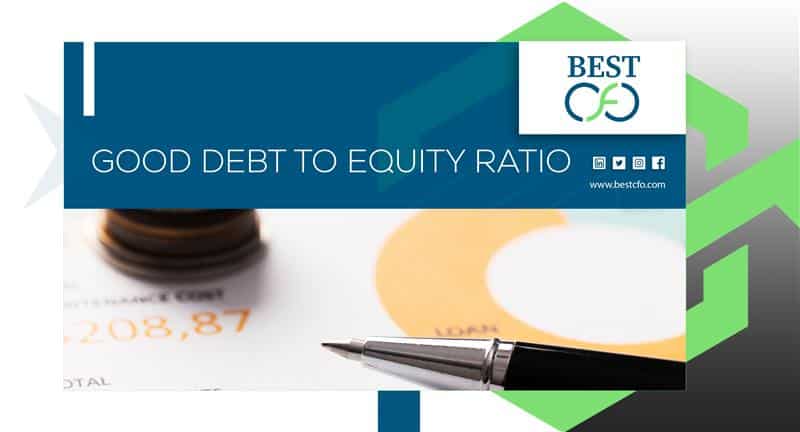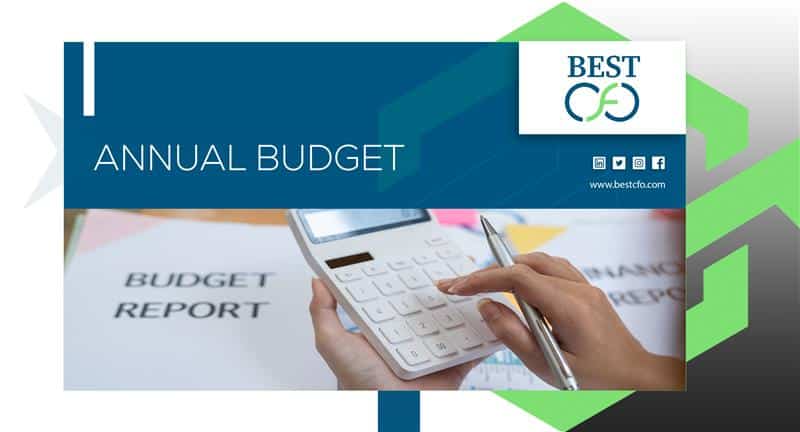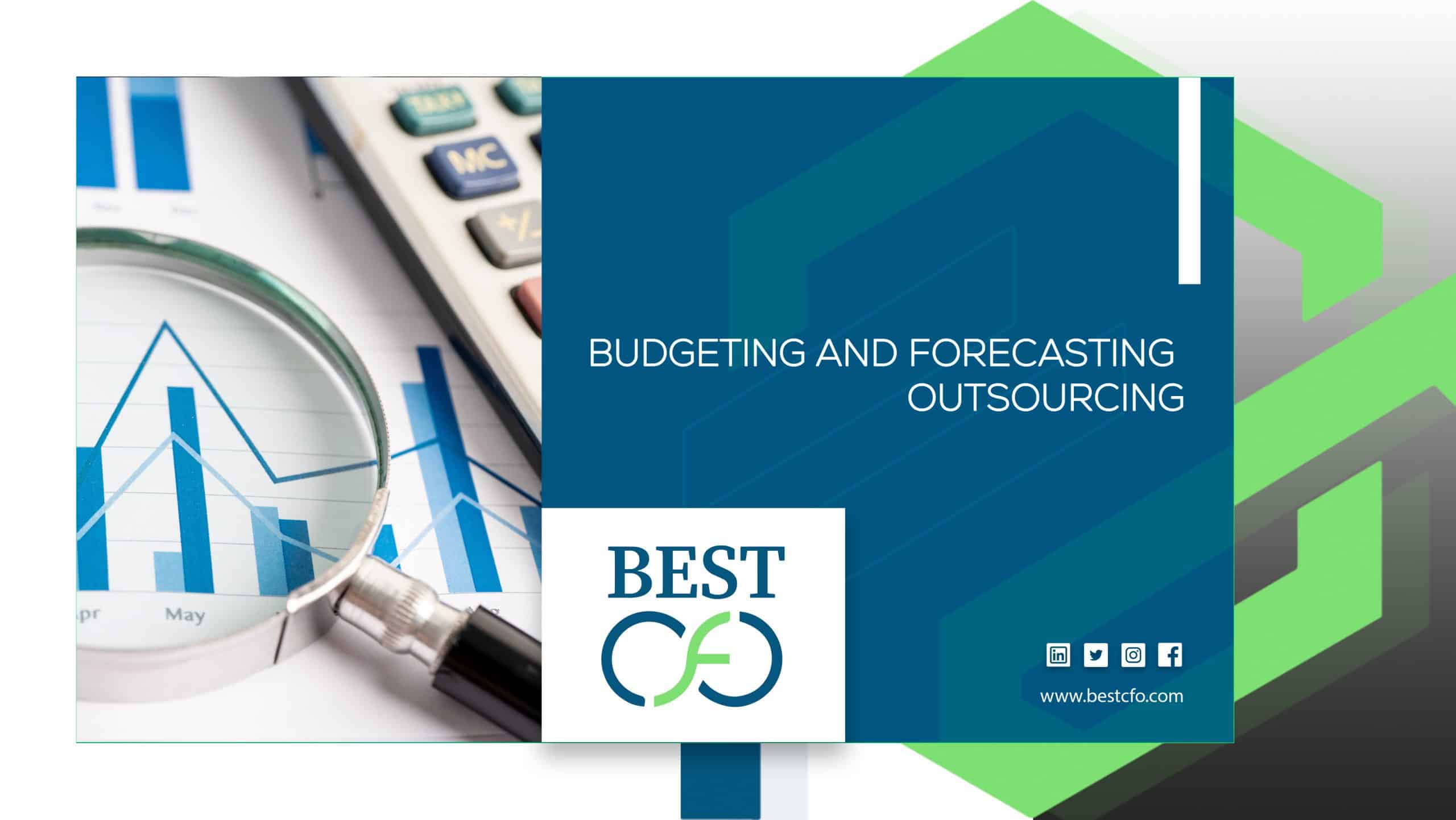
| Getting your Trinity Audio player ready... |
When Are Financial Statements Prepared? A Complete Timeline
Every business, big or small, needs to keep track of its money. That’s where financial statements come in. These reports show how much a company earns, spends, owns, and owes. They help business owners, investors, and even governments understand a company’s health.
But these reports aren’t made randomly—they follow a timeline. Whether it’s a small startup or a large corporation, financial statements must be created at specific times for legal, tax, and business needs. In this blog, we’ll break down when financial statements are prepared, why it matters, and what the full process looks like.
What Are Financial Statements?
Financial statements are formal records that show a company’s money-related activities. These statements are used in accounting to give an overview of a business’s financial health.
Key parts include:
- Income and expenses
- Assets and liabilities
- Equity (finance) and retained earnings
- Cash flow in and out of the company
These reports are vital for financial management. They help investors, accountants, and regulators make decisions about the business. They also meet legal rules like Generally Accepted Accounting Principles (United States) or International Financial Reporting Standards.
Types of Financial Statements
Understanding each financial report helps explain why businesses prepare them on a timeline:
- Income Statement: Also called the Profit and Loss Statement, it shows revenue, expenses, and net income. This report shows if the business made a profit (economics) or a loss during a period.
- Balance Sheet: This gives a snapshot of a company’s assets, liabilities, and equity at a certain point in time.
- Cash Flow Statement: Tracks the cash moving in and out. It’s key for understanding liquidity, paying bills, and managing debt or loans.
- Statement of Shareholders’ Equity: Shows changes in retained earnings, dividends, and stock over time.
When Are Financial Statements Prepared?
Based on Business Needs
A startup might check its finances more often than a large, stable firm. Smaller companies often review statements monthly to track costs and make decisions. Larger corporations may prepare detailed reports quarterly or yearly, depending on outside demands.
Some do it for internal needs like budgeting or performance appraisal, while others prepare reports to attract investors or secure a line of credit.
Legal and Regulatory Requirements
Companies must follow accounting rules. In the U.S., GAAP (Generally Accepted Accounting Principles) is standard. Internationally, businesses use IFRS (International Financial Reporting Standards). Public companies also report to the U.S. Securities and Exchange Commission (SEC) by filing 10-K (annual) and 10-Q (quarterly) reports.
Frequency of Preparation
- Daily/Weekly: For cash flow tracking and bookkeeping.
- Monthly: Internal reviews for better financial management.
- Quarterly: Public firms must file 10-Q forms 40-45 days after quarter-end.
- Annually: For taxes, audits, and investor updates (Form 10-K).
- Ad-Hoc: During audits, mergers & acquisitions, or loan applications.
Detailed Timeline for Financial Statement Preparation
Daily/Weekly Financial Tracking
Smaller companies often check cash flow every few days. Tools like QuickBooks or POS (Point-of-Sale) software help track sales, expenses, and inventory in real time. This frequent check helps businesses handle bills and unexpected costs.
Monthly Financial Statements
Most small businesses and startups prepare monthly statements. These reports help with budgeting, expense tracking, and financial forecasting. Key documents created monthly include the income statement and balance sheet.
Quarterly Financial Statements (Public Companies)
Public companies must file 10-Q reports with the SEC. These are due within 40-45 days after a quarter ends. These reports give investors, analysts, and the stock market updates on the company’s health.
Quarterly reports are less detailed than annual reports but still vital for tracking revenue, gross income, and profit margin.
Annual Financial Statements
Annual reports are the most complete. They are used for tax filings, audits, and financial reporting to shareholders.
Deadlines:
- Public Companies: File Form 10-K within 60-90 days after the fiscal year ends.
- Private Companies: Timelines vary, often aligned with income tax deadlines.
- Nonprofits: File IRS Form 990 annually.
Special Circumstances Requiring Financial Statements
- Loans: Banks want updated reports to approve funding.
- Investor Funding: Investors review statements during funding rounds.
- Mergers & Acquisitions: Buyers and sellers need audited statements for accurate valuation.
- Bankruptcy: Courts require full financial records.

Industry-Specific Timelines
Retail & E-Commerce
Sales change with seasons. Businesses may check cash and inventory more often, especially around the holidays.
Manufacturing & Construction
Long projects mean tracking costs and income over time. Companies use Work-In-Progress (WIP) reports to show earned vs. unearned revenue.
Non-Profit Organizations
Nonprofits must follow strict reporting rules. They file Form 990 and may need statements for grant applications.
Publicly Traded vs. Privately Held Companies
Public companies have set reporting dates by the SEC. Private firms have more freedom but still need to report earnings, especially for taxes and investors.
The Financial Statement Preparation Process
Step-by-Step Workflow
- Data Collection: Gather receipts, bank statements, and invoices.
- Bookkeeping & Reconciliation: Match records with actual accounts payable and receivable.
- Drafting Statements: Use software or work with an accountant.
- Review & Adjustments: Fix errors and check debits and credits.
- Audit (If Needed): Some companies need external reviews.
- Finalization & Filing: Submit reports to tax agencies, investors, or banks.
Role of Accounting Software & Automation
Programs like Xero, FreshBooks, or QuickBooks automate data entry, generate trial balances, and help manage financial reporting. This cuts down on errors and saves time.
Hiring Professionals: Accountants vs. DIY
Hiring a Certified Public Accountant (CPA) helps when records are complex. While it may cost more, it can prevent costly mistakes, especially with tax or legal problems.
Consequences of Late or Inaccurate Financial Statements
Late or incorrect statements cause big problems:
- Fines from the IRS or SEC
- Audits or legal issues
- Investor distrust that may affect stock prices
- Poor business decisions due to wrong data
Best Practices for Timely Financial Statement Preparation
- Keep all records digital and well-organized.
- Set internal deadlines before the official ones.
- Use tools for real-time financial tracking.
- Schedule reviews with an accountant.
- Stay updated on changes in accounting standards or business law.
Conclusion
Financial statements help businesses stay on track, meet legal rules, and build trust with investors. Whether it’s a small monthly report or a detailed annual filing, following a set timeline keeps your company strong and growing. By using software, hiring pros when needed, and keeping clean records, you’ll never fall behind.
Need help making sense of your statements or staying on schedule? Let Best CFO guide your way to better financial management.
FAQs
1: How often should a small business prepare financial statements?
Monthly is common, but some small businesses do it weekly for cash flow and expense tracking.
2: Do I need an accountant to make financial statements?
Not always. Many use accounting software, but hiring a CPA is smart for taxes, audits, or investor reports.
3: What is the difference between GAAP and IFRS?
GAAP is used mainly in the U.S., while IFRS is international. Both guide how to prepare and present financial reports.
4: What happens if my company files financial statements late?
You could face fines, audits, or lose investor trust.
5: Are financial statements needed for loan applications?
Yes. Banks want clear, updated financials before giving a loan or credit line.
Related Posts
Master Your Budget: The Types Of Operating Expenses to Watch
How to Improve Your Bad Debt to Equity Ratio: A Complete Guide If you’ve ever…
What Is a Good Debt To Equity Ratio: How To Calculate It?
How to Improve Your Bad Debt to Equity Ratio: A Complete Guide If you’ve ever…
What Are The Most Common Reasons Firms Fail Financially?
How To Prepare Annual Budget For A Company: An Ultimate Guide When it comes to…
How To Prepare Annual Budget For A Company: An Ultimate Guide
How To Prepare Annual Budget For A Company: An Ultimate Guide When it comes to…
 Demos
Demos  Colors
Colors  Docs
Docs  Support
Support 














